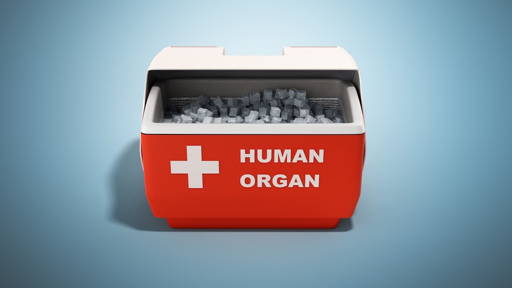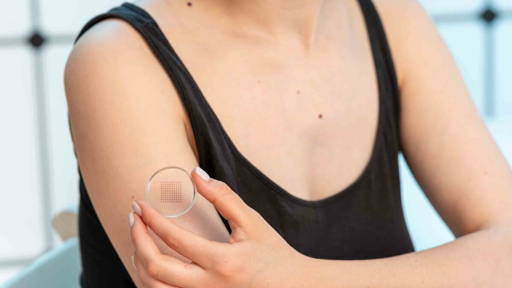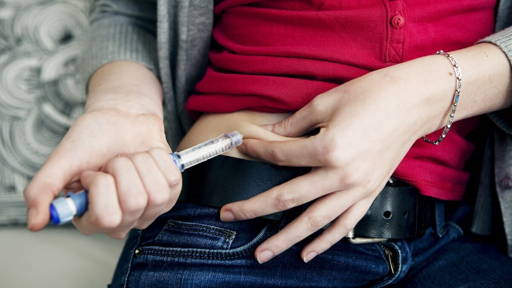The University Medical Centre Groningen (UMCG) has launched the data-driven platform FemHealthData to address the structural lack of knowledge regarding women's health. The platform offers researchers, healthcare professionals and policymakers a solid infrastructure to better understand long-term health outcomes in women. The initiative was launched by clinical epidemiologist Lilian Peters.
FemHealthData contains anonymised GP data from more than 108,000 women between the ages of 18 and 55, approximately a quarter of whom have given birth. The infrastructure makes it possible to investigate the long-term effects of, for example, pregnancy complications – an area where current medical knowledge is often lacking. ‘Until now, the focus has mainly been on the short term. With FemHealthData, we can now also analyse broader and long-term health effects,’ says Lilian Peters.
Integrating multiple data sources
In addition to GP data, FemHealthData also integrates data from cohort studies such as Lifelines Women's Issues and women's experiences via validated questionnaires. Links with CBS data, among others, provide a rich overall picture of health, absenteeism and healthcare costs. According to Peters, this broad approach provides a solid basis for better policy-making, guideline development and personalised care: ‘We have a wealth of information at our disposal to structurally improve healthcare for women.’
The platform was launched on National Women's Health Day. In doing so, the initiators emphasise the growing awareness of gender differences in healthcare. Peters calls on researchers, policymakers and experts to contribute: ‘Whether you are working on a grant application, a practical project or a research proposal, we invite everyone who wants to improve healthcare for women to collaborate with us via FemHealthData.nl.’
Growing dynamic ecosystem
FemHealthData is designed as a dynamic ecosystem that continues to grow. The UMCG is collaborating with national and international partners, academic centres and patient organisations. The mission remains clear: to translate complex data into understandable and applicable insights for healthcare professionals and women themselves. ‘FemHealthData is not an end point, but a solid foundation for sustainable improvement in women-centred healthcare,’ says Peters.
The platform operates according to the FAIR principles (Findable, Accessible, Interoperable, Reusable) and applies both classic epidemiological models and advanced data-driven innovations, such as Natural Language Processing (NLP) and machine learning (ML).
Differences between men and women
In 2021, researcher Sophie Bots from the same UMC obtained her PhD for her study on gender differences in the response to medication for cardiovascular disease. She analysed 110,000 electronic patient records and discovered that women are more likely than men to stop taking medication because of side effects. Her research already provided valuable insights into gender-specific differences at the time. She therefore advocated for more research into tailor-made treatments.
Since the beginning of June 2024, patients with a medical pregnancy have been able to make a heart film (CTG) at home using the PregnaOne mobile device. This device, which looks like a small tablet, enables women to record the baby's heartbeat and the pressure of the uterine wall themselves. After making a 30- to 45-minute heart film, the results are assessed by a doctor from the Centre for Pregnant Women, who contacts the patient by telephone. This approach reduces the number of hospital visits, saving time and costs for both the patient and the hospital.







